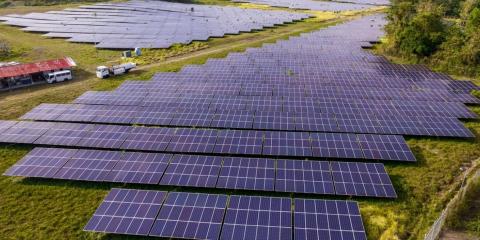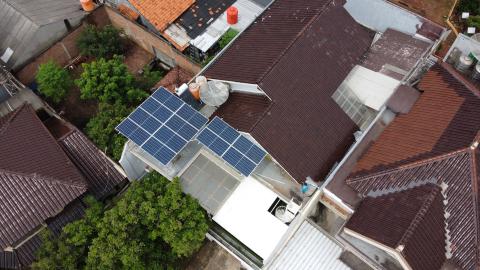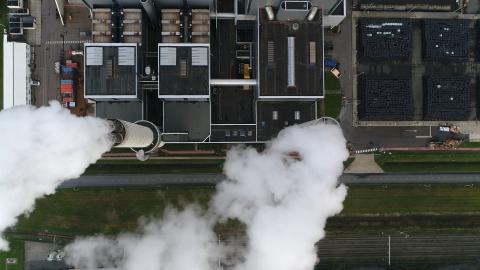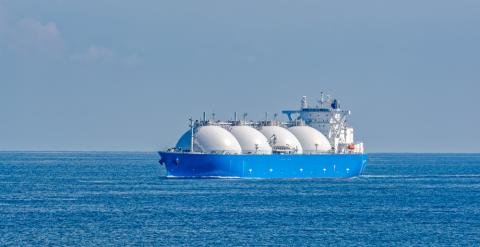IEEFA Analysis: Financial Condition of Montana’s Colstrip 1 and 2 Worse Than Previously Known
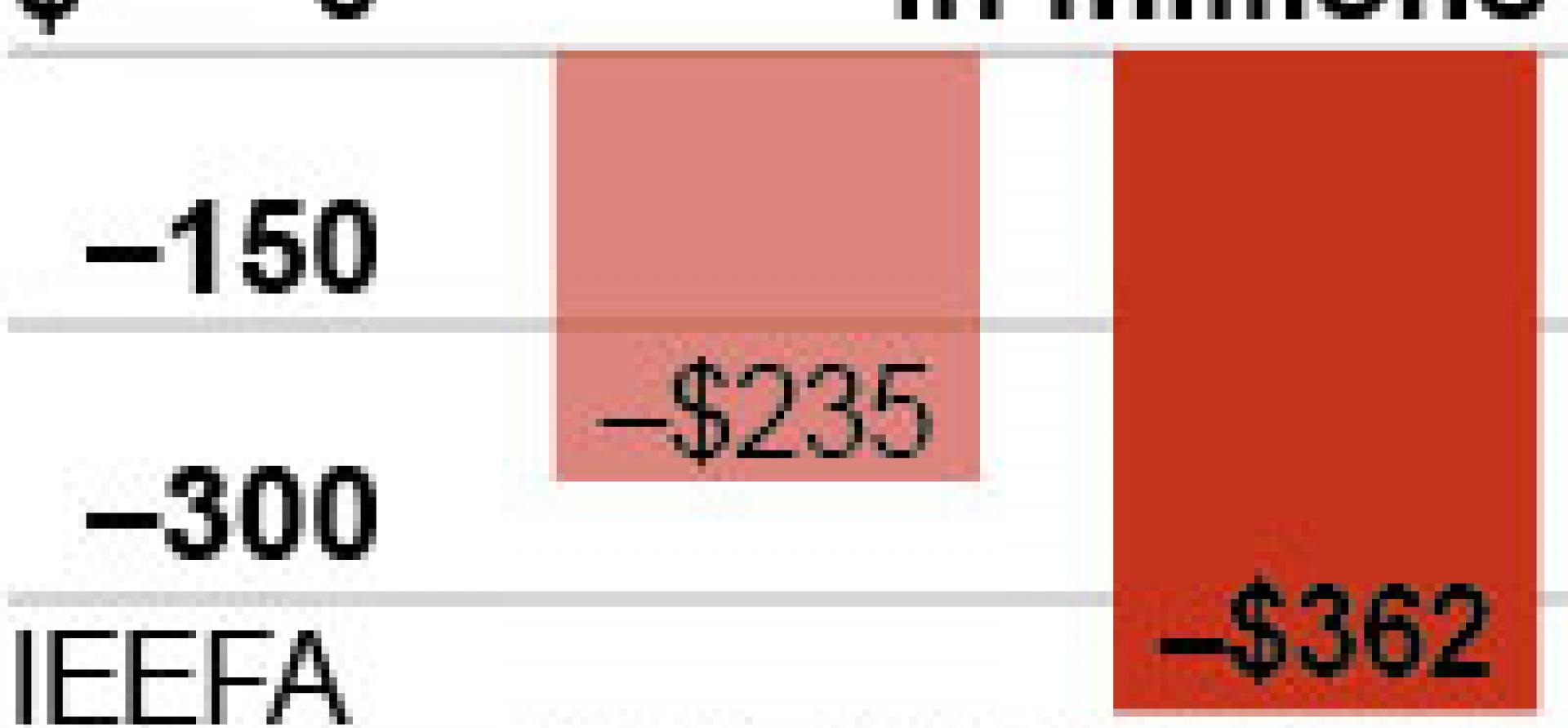
In testimony today to the state Utilities and Transportation Commission in Olympia, Wash., we are presenting fresh analyses that shows how two coal-fired electricity generators in Montana co-owned by Puget Sound Energy are worse investments than previously known.
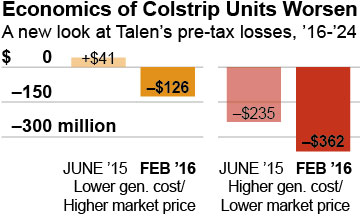
Over the past several months, IEEFA has documented how Colstrip 1 and 2 have become an increasingly perilous proposition for PSE and Pennsylvania-based Talen Energy, which share ownership of the aging plants.
We said in June and October—and we say now again—that the only sensible way forward for PSE and Talen with regard to Colstrip 1 and 2 is to phase these outdated units out in favor of more affordable electricity-generating alternatives (IEEFA June 2015 report: “A Bleak Future for Colstrip Units 1 and 2” and October 2015 IEEFA.org commentary “Long-Dreary Outlook for Two Montana Coal-Fired Plant Has Gotten Worse.”)
Our testimony to the commission today notes that energy markets have shifted notably in recent weeks. What’s changed specifically?
- Natural gas forward prices are lower today (and are expected to remain low for years to come).
- Forward Mid-Columbia Energy Market prices are lower today (and can be expected to remain low for the long term).
The implications for coal-fired Colstrip 1 and 2? These units, long uncompetitive already, will be even less competitive in coming years.
We’ve concluded, importantly, also that Colstrip 1 and 2 operating costs will continue to climb, and that according to Talen’s corporate filings, Colstrip 1 and 2 (see the charts here) are uneconomic to operate. Our preliminary current analysis also shows that Talen’s share of companion plant Colstrip 3 now has zero to negative valuation over the next 20 years.
We are advising the Utilities and Transportation Commission that PSE’s current assessment of Colstrip 1 and 2 is off the mark.
Here’s an excerpt from our October note that looks optimistic in retrospective:
“Revenues from Colstrip 1 and 2 have plummeted in recent years, and the energy market landscape makes a reversal of this trend unlikely. Indeed, the probability of higher generating costs and lower natural gas and power market prices over the next few years only highlights the financial vulnerability of Colstrip 1 and 2. Talen Montana will earn relatively small profits on the units, at best; what’s more likely is that it will lose money. Similarly, Colstrip 1 and 2 stand to make electricity bills for Puget Sound Energy customers higher than they should be.”
Our counsel to the Washington State Utilities and Transportation Commission today is to explore alternatives to keeping Colstrip 1 and 2 on high-cost life support and to participate fully now in helping find other sources of power.
In October we said: “It’s 2015 now, and it’s time to move toward retiring these two costly and outdated plants.”
Today we’d change just one word in that conclusion:
It’s 2016 now, and it’s time to move toward retiring these two costly and outdated plants.
David Schlissel is IEEFA’s director of resource planning analysis.
Press release here:
Additional detail here:
IEEFA PowerPoint presentation to Washington State Utilities and Transportation Commission




